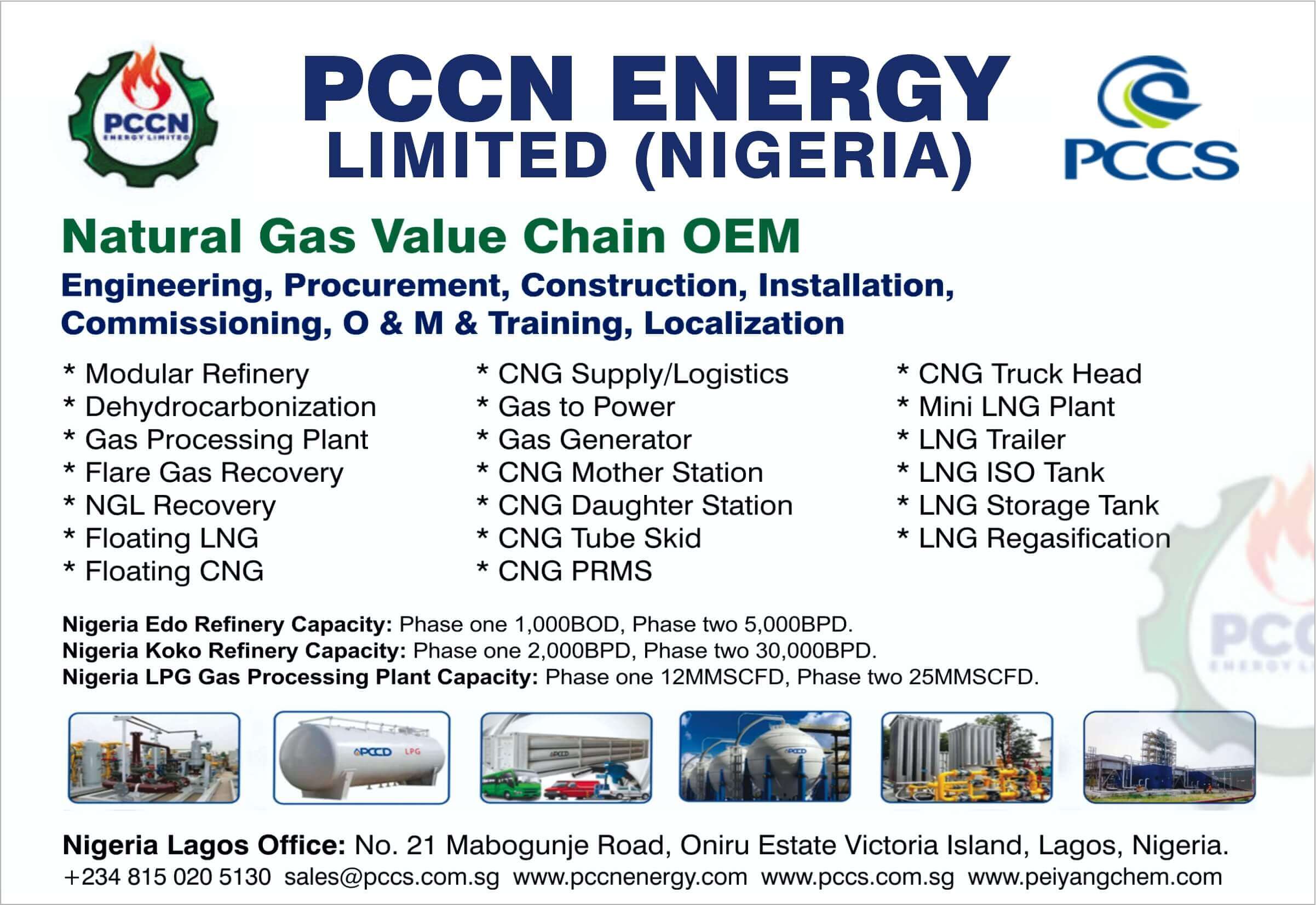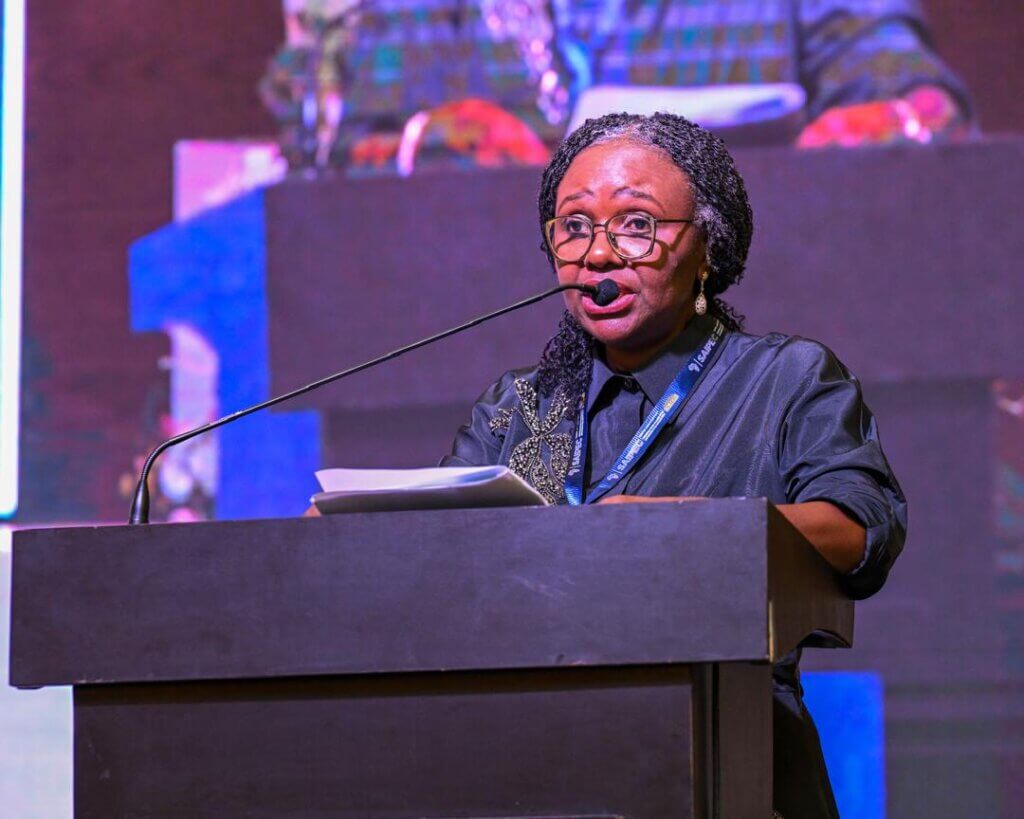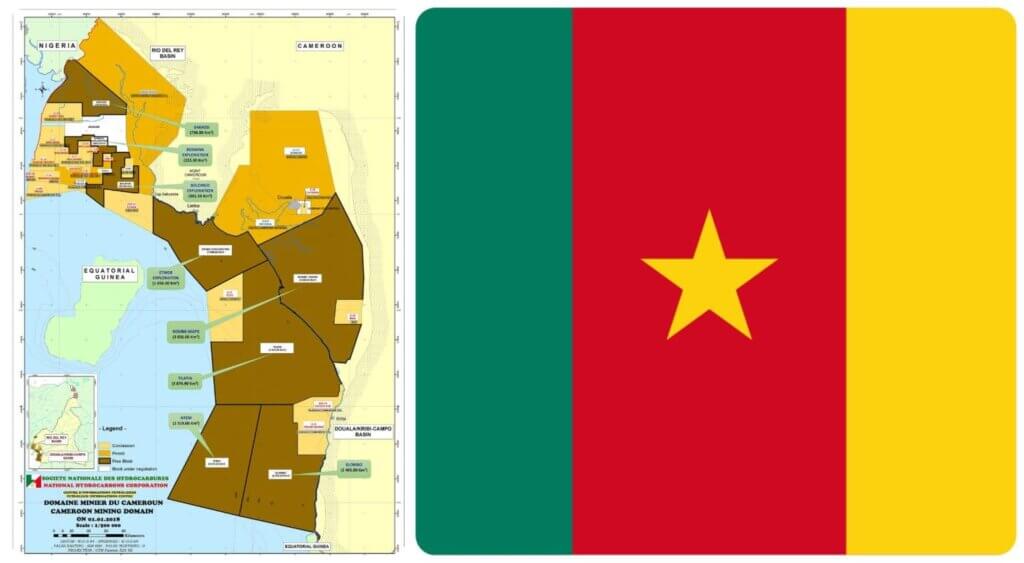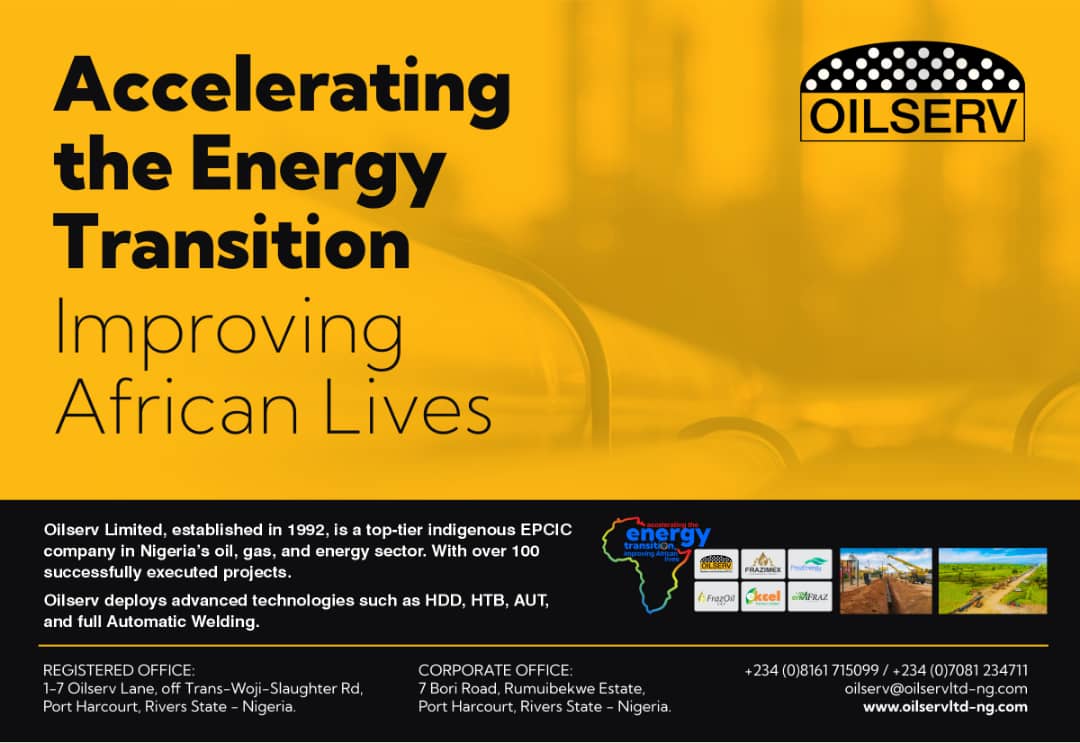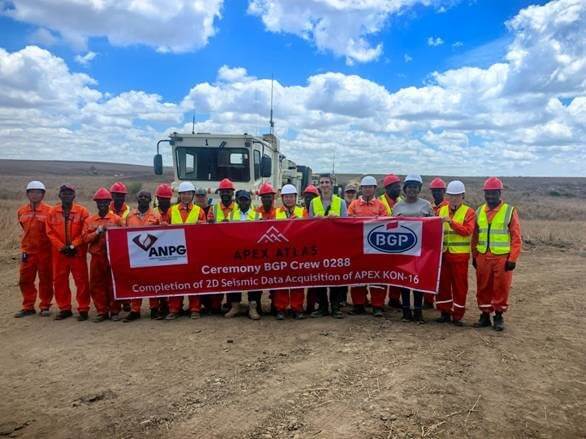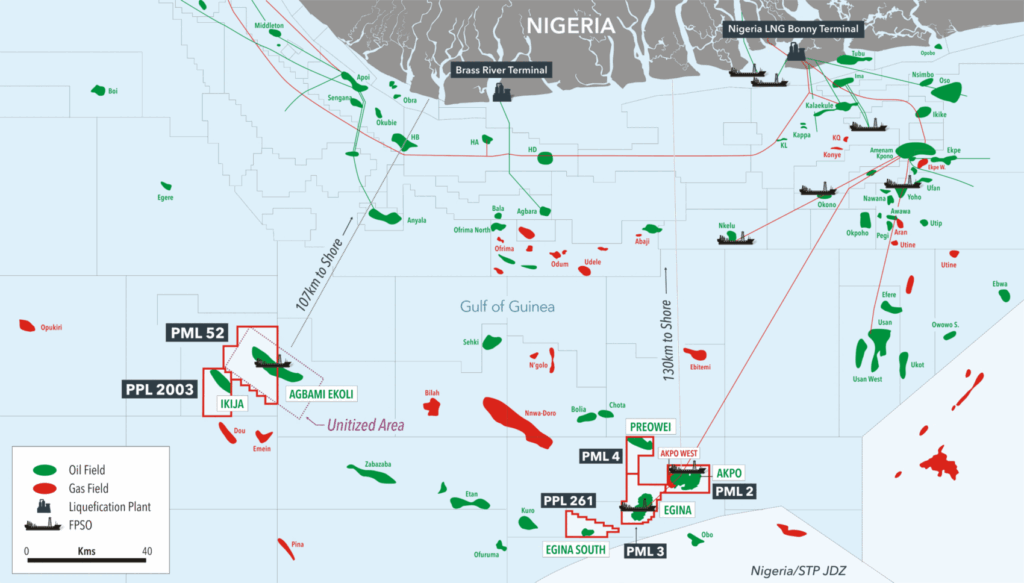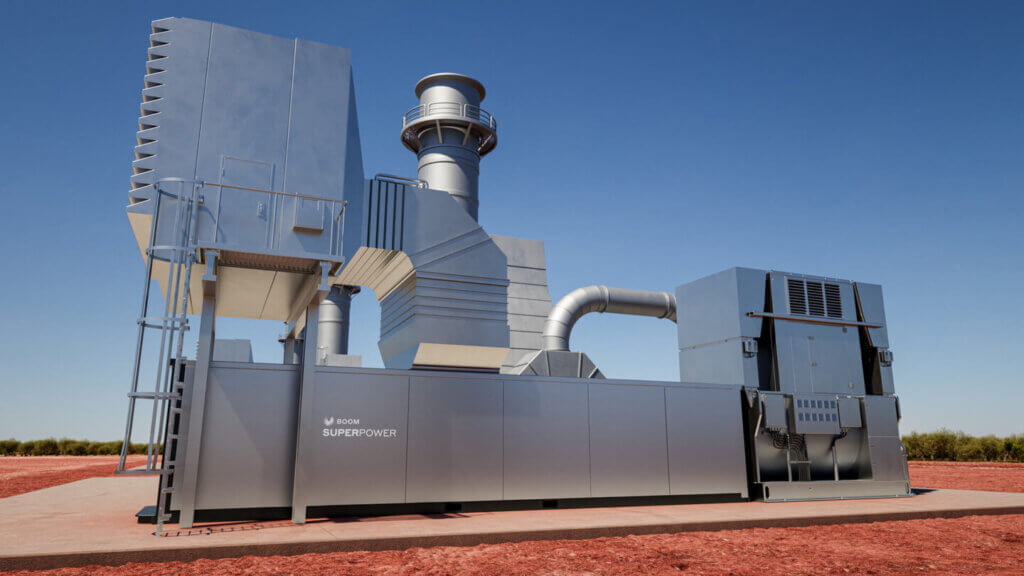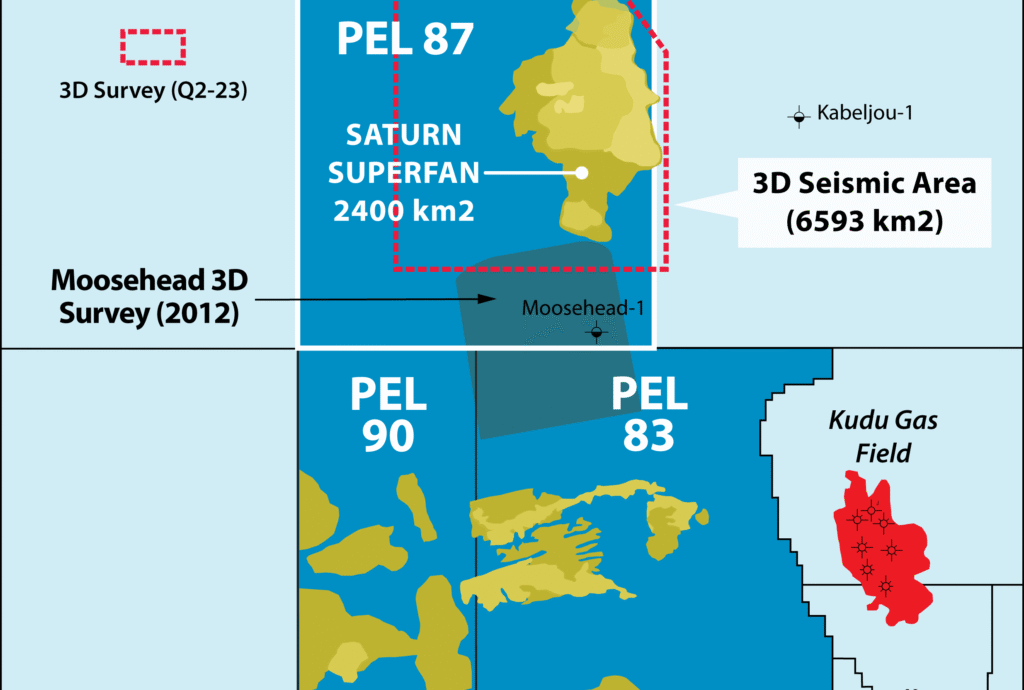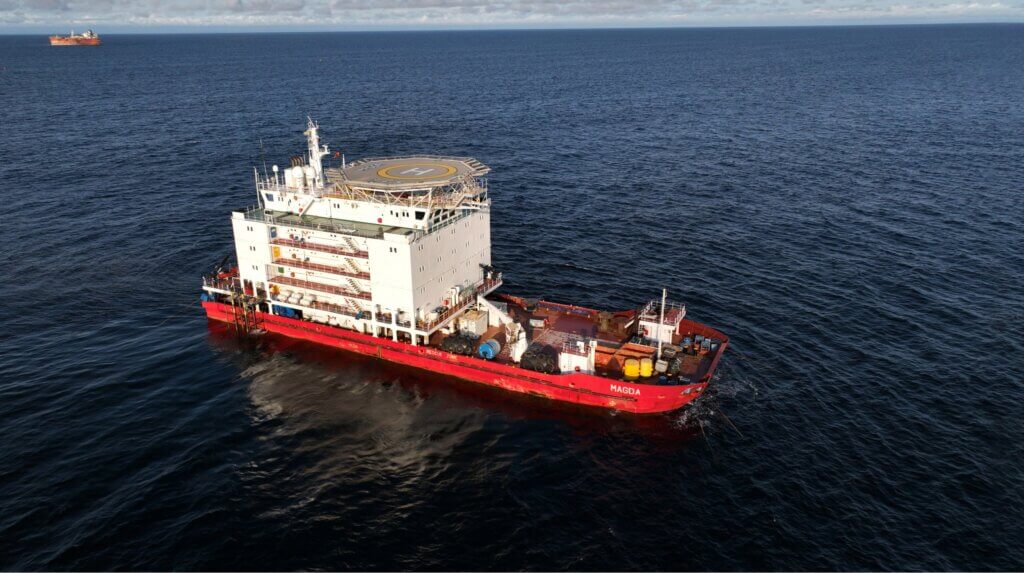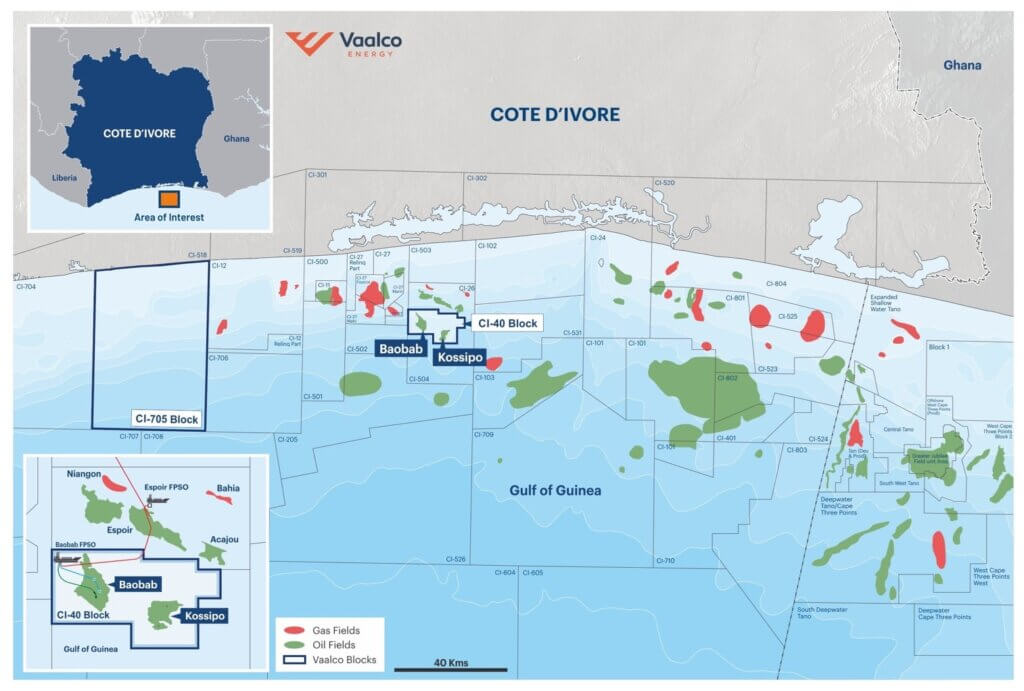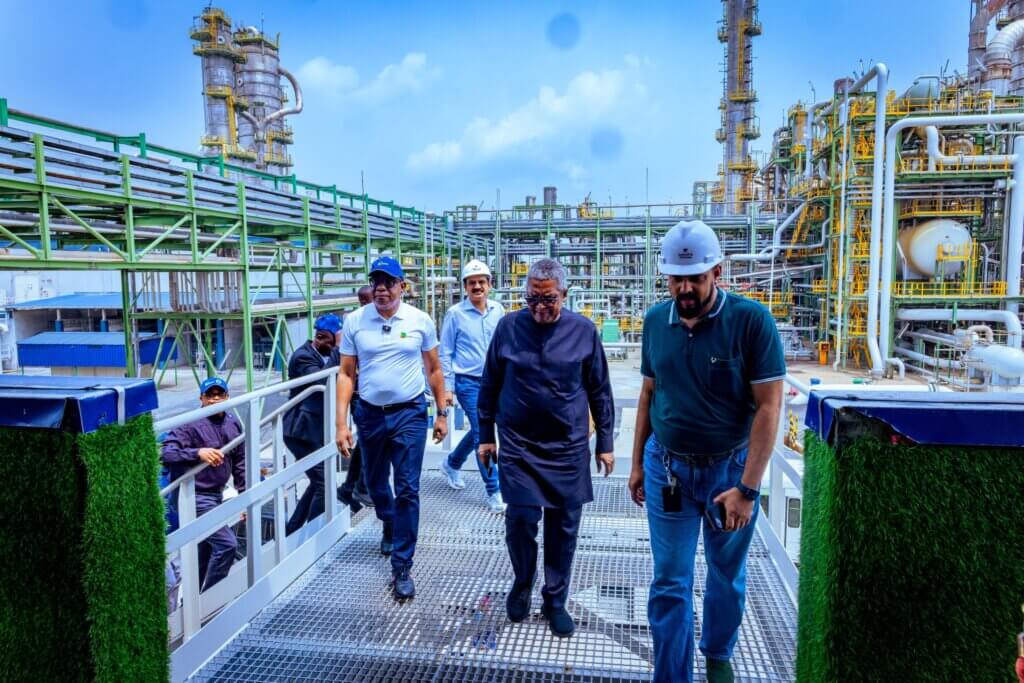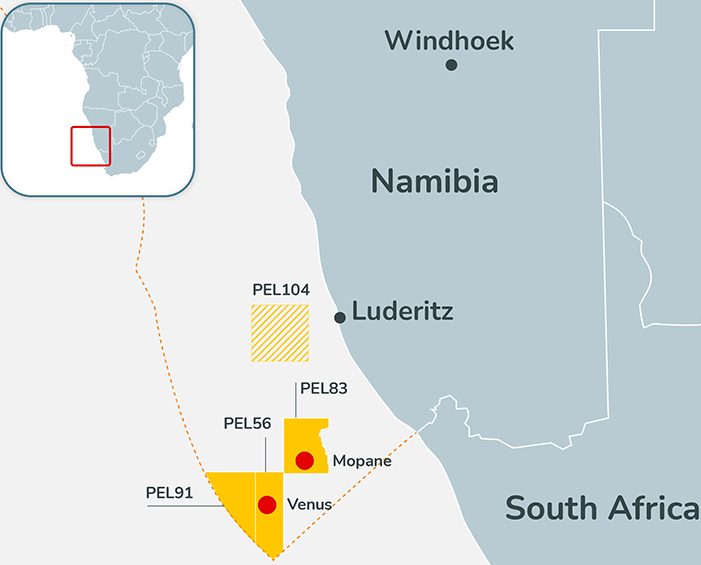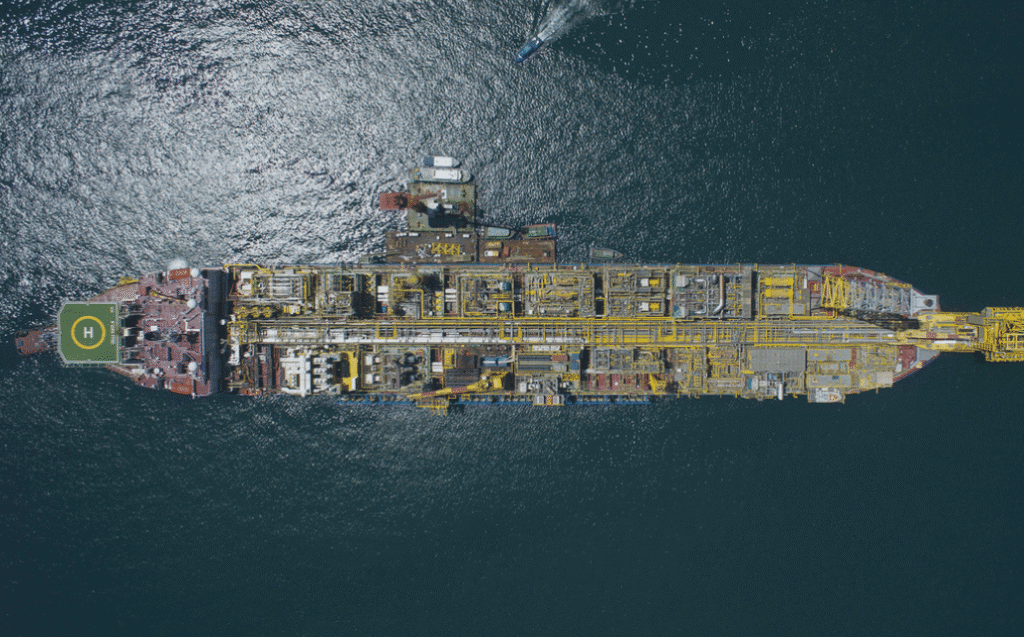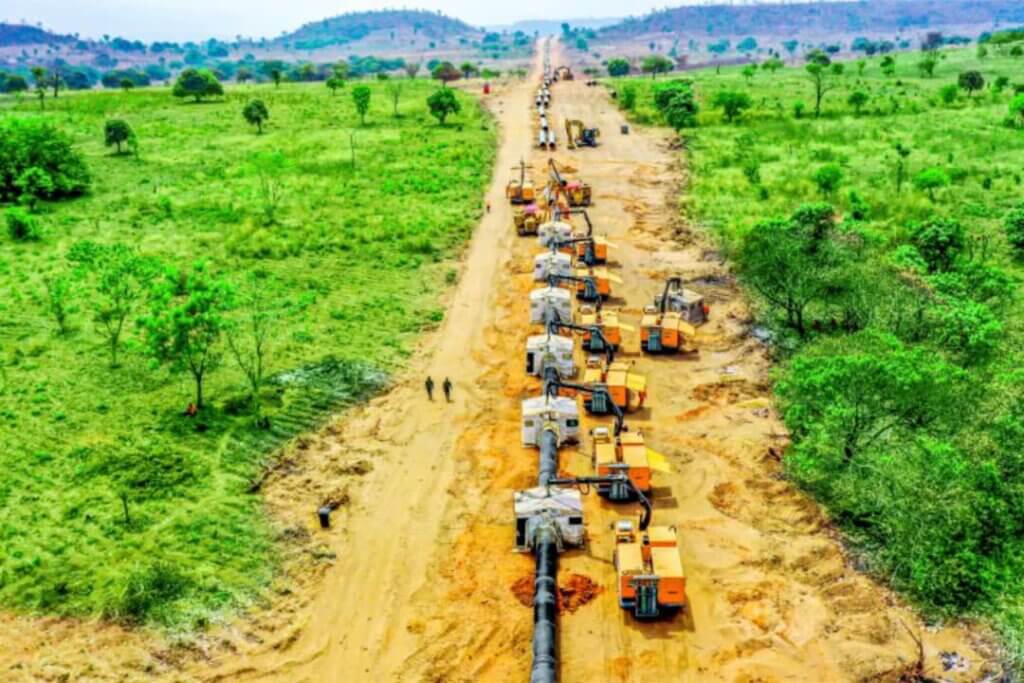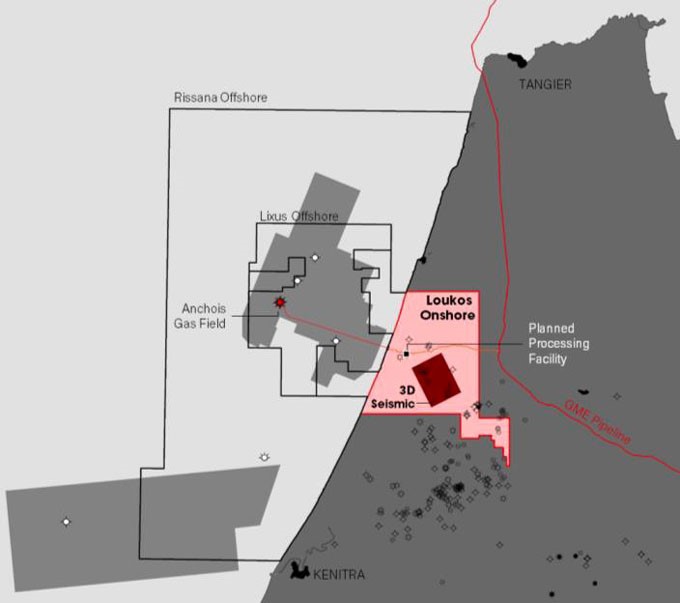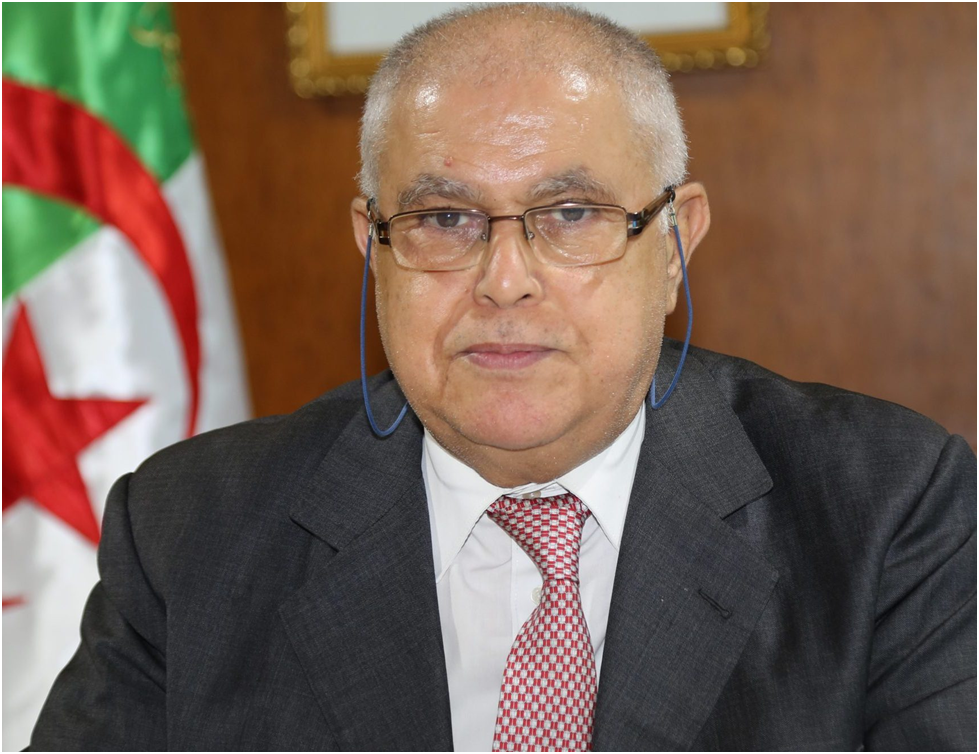
Politically volatile and fiscally challenged Algeria has replaced its energy minister again, in yet another cabinet shuffle, putting familiar face Mohamed Arkab back in charge of the OPEC member’s stagnating oil and gas portfolio.
Arkab
replaces Abdelmadjid Attar, the former Sonatrach CEO who had been named to the
post just last June, supplanting Arkab, who had held the post for 14 months and
was shifted to mining minister.
The mining ministry has now been merged with the energy ministry.
President Abdelmadjid Tebboune announced the moves in a Feb. 21 decree.
“Following this cabinet reshuffle, the president of the republic decided to reduce the number of ministerial departments and to focus on efficiency in the field by involving new skills,” the government said in a statement.
Algeria, a member of OPEC and the Gas Exporting Countries Forum, has struggled to attract much needed foreign investment in its critical oil and gas sector, which has seen its production fall over the past several years. The government in late 2019 announced a new hydrocarbons law that improves fiscal terms for investors, in an attempt to kickstart a new wave of upstream developments.
The government, which faces much public discontent over the pace of economic and political reforms, is on track to approve all of the implementing texts by the end of March, an industry source close to the matter told S&P Global Platts earlier this month. That could pave the way for Algeria’s state-owned regulator Alnaft to launch a new exploration licensing round by the end of June.
The political turmoil and years of underinvestment have seen Algeria’s oil production decline from a peak of 1.4 million b/d in 2008 to around 1 million b/d in early 2020, before OPEC and its allies imposed drastic quotas due to the oil market collapse caused by COVID-19.
Algeria pumped 870,000 b/d in January, according to the latest Platts survey of OPEC crude production.
The country’s gas exports are also falling. Last year, its pipeline supplies to Spain and Italy fell by 2.8% on the year to 20.5 Bcm, down from 21.1 Bcm in 2019, according to S&P Platts Analytics data.
LNG exports also fell 8.8% on the year to 14.94 Bcm.

























